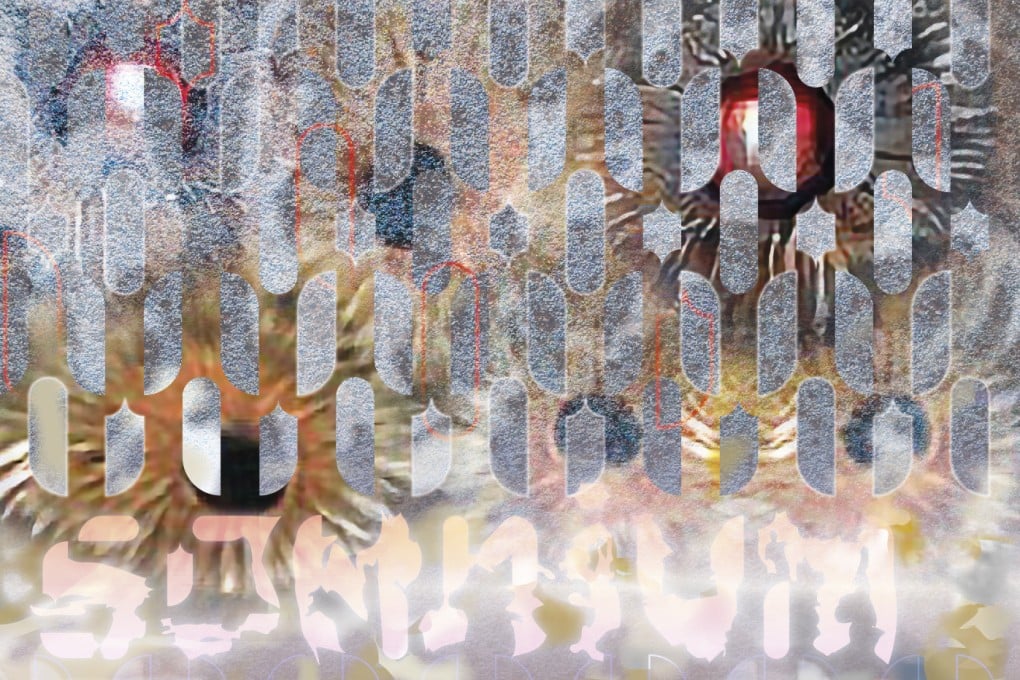Opera based on 17th century moon trip fantasy novel by a German astronomer to have its world premiere in Hong Kong
- An opera in English written and composed in Hong Kong is one thing. That it adapts a 17th century Latin fantasy by astronomer Johannes Kepler is something else
- Yet when Diana Liao read the book her first thought was ‘I’ve got to turn this into an opera’. Somnium, with holograms doing the singing, premieres in October

As if a new Hong Kong opera in English based on a 17th-century Latin novel by a German astronomer isn’t mind-boggling enough, Somnium, which premieres on October 8, is “part-trance, part-installation”, and “performed” by life-size, hologram-like video projections.
The brains behind this outlandish project are predictably eclectic – but they have form.
Diana Liao, the retired Hong Kong-born head of interpreting at the United Nations, first worked with Steve Hui a.k.a. Nerve, multidisciplinary artist and composer, on a 2010 opera commissioned by Hong Kong theatre group Zuni Icosahedron called The Memory Palace of Matteo Ricci.
Liao provided the libretto and Hui the music, while the acting and voice of famed bass singer Tian Haojiang (Liao’s brother-in-law) brought to life the book by Jonathan Spence about the 16th-century Jesuit priest on which the work was based.
